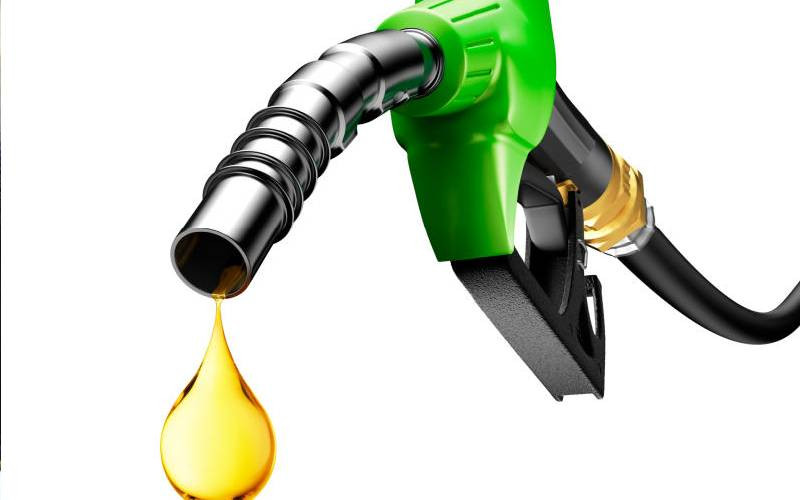
Let me say from the onset that my heart goes out to the great people of Kenya. They do not deserve the hardships visited on them. After 10 years of steady economic decline, it seems life may get tougher before it gets better. But such are the vicissitudes of life.
Yet my compatriots should be more circumspect about their economic privation. They should not fall for every wind of political doctrine that sweeps the land. Especially not when such winds are nothing more than self-serving tales whose ultimate end is the aggrandisement of their bearers.
Appreciating the reasons behind our present reduced circumstance is a good starting point. And it can be summarised by one statement; living beyond our means. This column warned ad nauseum that the country was living large by taking on expensive debt for big ticket infrastructural development. It warned that such borrowing would lead to insuperable hardships for the vast preponderance of the citizenry. It has now come to pass.
Present taxes and the anticipation of an even higher tax regime next year are consequences foretold years ago. They are not reflective of the performance of the Kenya Kwanza administration.
On September 21, 2021, this column said, “these are hard times but harder still is the foreseeable future. It is almost certain that taxes won’t come down despite popular protests. It is even probable that excise duties and VAT could go up with the latter approaching the late teens. Politicians who propose otherwise are simply playing to the gallery.” How prescient!
Hits and misses
It is true that many of the Kenya Kwanza administration’s economic promises have not been realised. Perhaps they were too sanguine and overestimated their abilities to turn around the country. To their credit, they have managed to keep us from debt distress.
Only just! There have been several hits and misses and there are definitely areas where improvement is called especially when it comes to the curtailment of frivolous public expenditure.
But an introspection of ourselves as a country will reveal that the Kenya Kwanza administration is not responsible for the high cost of fuel. Nor can it do much to upend the current global price rally which is driven by factors beyond our government. Yet the talebearers would rather see it as a failure of the government.
Truth be told, Kenya is not the only country affected by the rise in global crude oil prices. A comparative study of current petrol prices per litre in Kenya shillings of ten selected countries reveals them to be as follows: Kenya Sh211.64, Uganda 200.35, Tanzania 187.68, Rwanda 200.62, South Africa 187.47, Zambia 210.10, UK 278.53, France 320.05, USA (California) 223.43 and Zimbabwe 227.71. At 211.64 per litre, Kenya is well within the average of the 10 countries which stands at 224.75.
Because fuel prices are in a state of flux for the foreseeable future, a local comedian has called for a revolution against the government. Such talk is in bad taste, irresponsible and possibly the worst form of gallows humour.
Mr Khafafa is a public policy analyst
 The Standard Group Plc is a multi-media organization with investments in media
platforms spanning newspaper print operations, television, radio broadcasting,
digital and online services. The Standard Group is recognized as a leading
multi-media house in Kenya with a key influence in matters of national and
international interest.
The Standard Group Plc is a multi-media organization with investments in media
platforms spanning newspaper print operations, television, radio broadcasting,
digital and online services. The Standard Group is recognized as a leading
multi-media house in Kenya with a key influence in matters of national and
international interest.
 The Standard Group Plc is a multi-media organization with investments in media
platforms spanning newspaper print operations, television, radio broadcasting,
digital and online services. The Standard Group is recognized as a leading
multi-media house in Kenya with a key influence in matters of national and
international interest.
The Standard Group Plc is a multi-media organization with investments in media
platforms spanning newspaper print operations, television, radio broadcasting,
digital and online services. The Standard Group is recognized as a leading
multi-media house in Kenya with a key influence in matters of national and
international interest.











